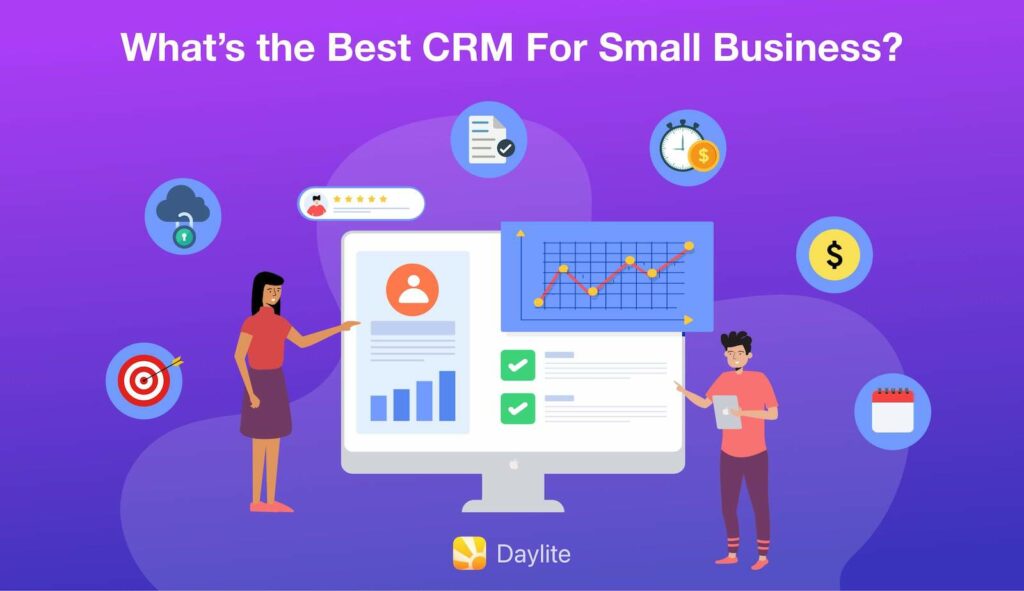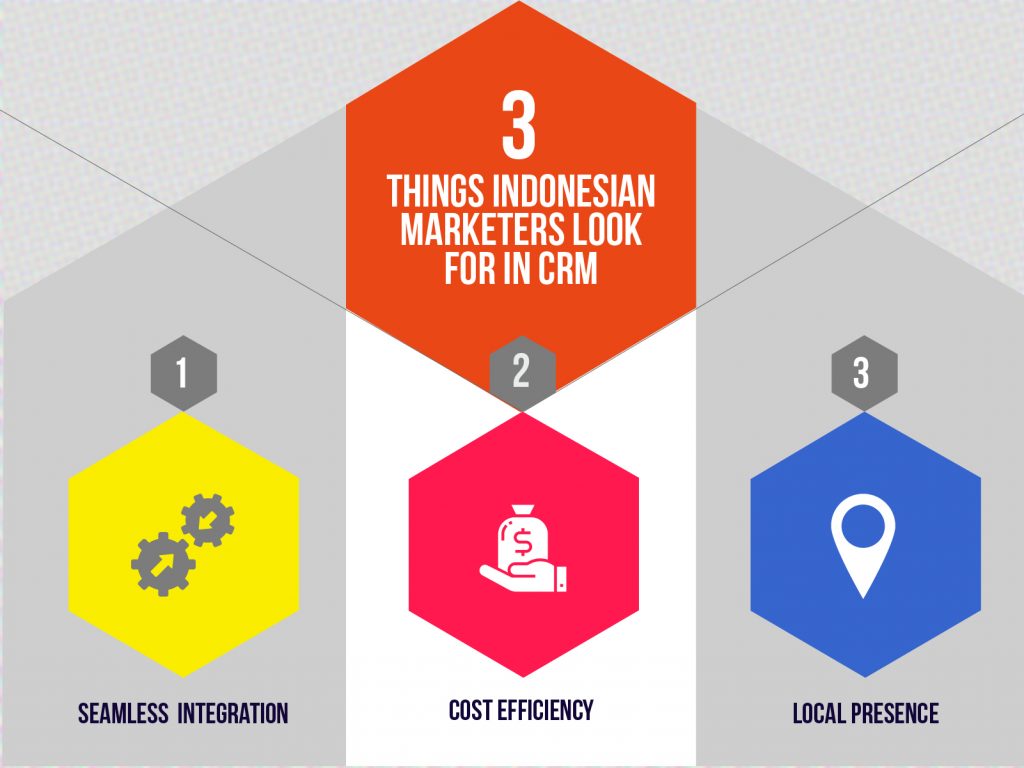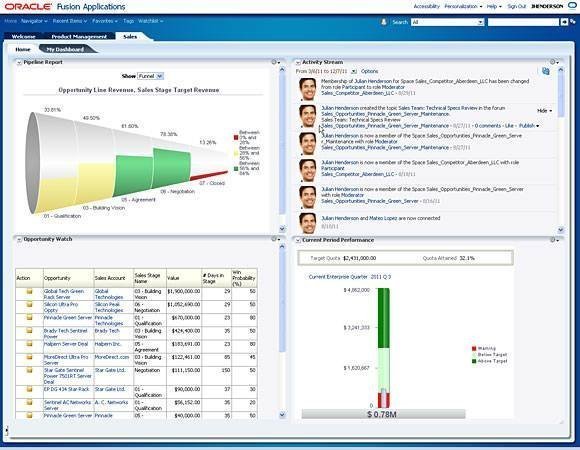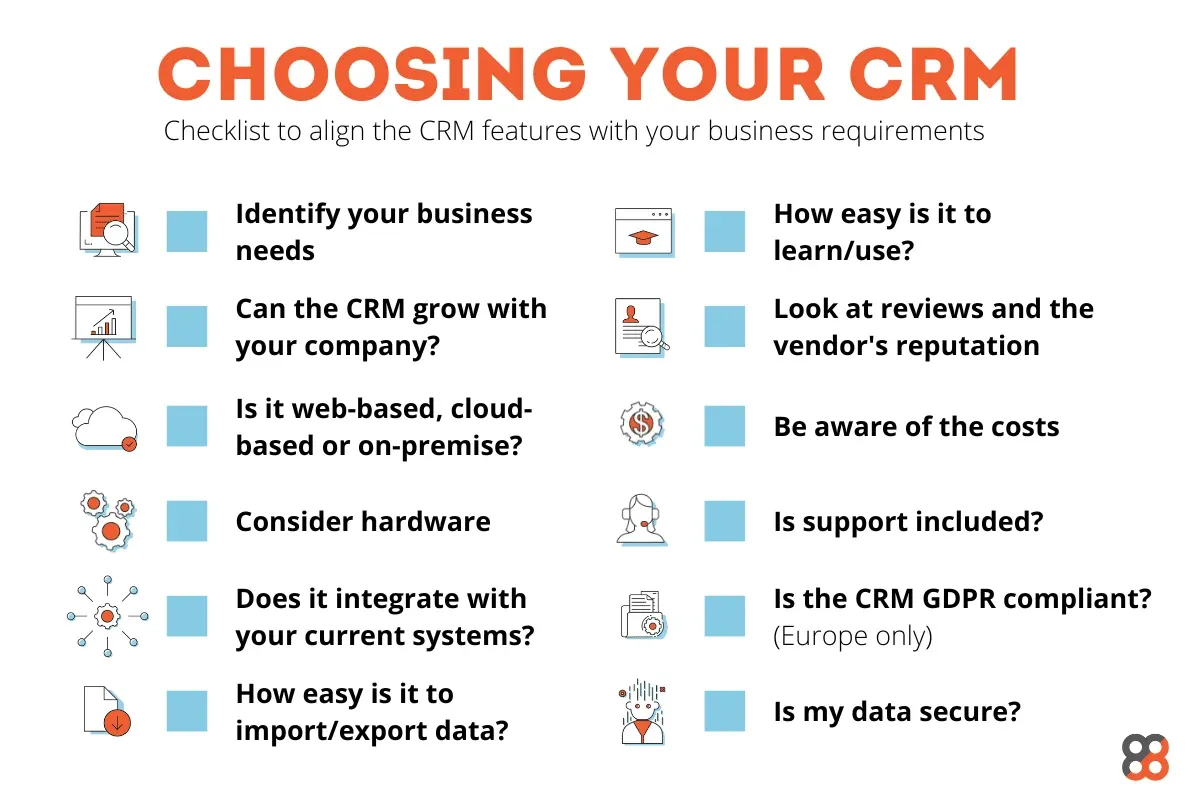Small Business CRM Tips for 2025: Streamline, Scale, and Succeed

Small Business CRM Tips for 2025: Streamline, Scale, and Succeed
Running a small business is a marathon, not a sprint. And just like any endurance race, you need the right tools to stay ahead of the competition and cross the finish line. In today’s fast-paced business environment, one of the most critical tools you can have in your arsenal is a Customer Relationship Management (CRM) system. But with the sheer volume of options available, it can be daunting to know where to start. This guide provides essential small business CRM tips for 2025, helping you navigate the complexities and choose a CRM that not only fits your budget but also empowers you to thrive.
Why CRM is a Must-Have for Small Businesses in 2025
In 2025, the landscape of customer interactions has evolved significantly. Customers expect personalized experiences, immediate responses, and seamless interactions across all channels. A CRM system is no longer a luxury; it’s a necessity. Here’s why:
- Enhanced Customer Relationships: CRM systems centralize customer data, providing a 360-degree view of each client. This allows for personalized interactions, leading to stronger relationships and increased customer loyalty.
- Improved Sales Performance: CRM automates sales processes, tracks leads, and provides insights into sales performance. This leads to higher conversion rates and increased revenue.
- Increased Efficiency: CRM automates repetitive tasks, freeing up your team to focus on more strategic activities. This leads to increased productivity and reduced operational costs.
- Data-Driven Decision Making: CRM provides valuable insights into customer behavior, sales trends, and marketing campaign performance. This data enables you to make informed decisions that drive business growth.
- Scalability: As your business grows, your CRM system can scale with you, accommodating increasing numbers of customers, users, and data.
Choosing the Right CRM for Your Small Business
Selecting the right CRM is crucial for its successful implementation and integration into your business operations. Consider these factors:
1. Define Your Needs
Before you start evaluating CRM systems, take the time to define your specific needs. Consider the following questions:
- What are your business goals? (e.g., increase sales, improve customer service, streamline marketing)
- What are your current pain points? (e.g., lack of organization, difficulty tracking leads, inefficient communication)
- What features do you need? (e.g., contact management, sales automation, marketing automation, reporting)
- What is your budget? (CRM pricing varies widely, so determine your financial constraints upfront)
- Who will be using the CRM? (Consider the technical skills of your team and the ease of use of the system)
Answering these questions will help you narrow down your options and choose a CRM that aligns with your specific requirements.
2. Evaluate Key Features
Once you know your needs, evaluate the features of different CRM systems. Here are some essential features to look for:
- Contact Management: The ability to store and organize customer information, including contact details, interactions, and purchase history.
- Sales Automation: Tools to automate sales processes, such as lead tracking, opportunity management, and quote generation.
- Marketing Automation: Features to automate marketing campaigns, such as email marketing, social media integration, and lead nurturing.
- Reporting and Analytics: The ability to generate reports and analyze data to track performance, identify trends, and make data-driven decisions.
- Integration: The ability to integrate with other tools you use, such as email marketing platforms, accounting software, and social media channels.
- Mobile Access: The ability to access the CRM system from your smartphone or tablet, allowing your team to stay connected on the go.
- Customization: The ability to customize the CRM to fit your specific business needs, including custom fields, workflows, and reports.
- User-Friendly Interface: An intuitive and easy-to-navigate interface that makes it easy for your team to use the system.
3. Consider Pricing and Scalability
CRM systems come in various pricing models, including:
- Free CRM: Suitable for very small businesses with limited needs. These often have feature restrictions.
- Subscription-based CRM: The most common model, where you pay a monthly or annual fee per user. Pricing varies depending on the features and the number of users.
- Enterprise CRM: Designed for larger businesses with complex needs. These often have custom pricing.
Consider your budget and the scalability of the CRM. Can the system grow with your business? Does it offer different pricing tiers as your user base expands?
4. Research and Compare Vendors
Once you have a shortlist of potential CRM systems, research and compare the vendors. Consider the following factors:
- Reviews and Ratings: Read reviews from other small businesses to get an idea of the system’s strengths and weaknesses.
- Customer Support: Check the vendor’s customer support options, such as phone, email, and live chat.
- Training and Documentation: Make sure the vendor provides adequate training and documentation to help your team learn how to use the system.
- Security: Ensure the vendor has robust security measures in place to protect your customer data.
- Free Trials or Demos: Take advantage of free trials or demos to test the system and see if it’s a good fit for your business.
Top CRM Systems for Small Businesses in 2025
Here are some of the top CRM systems for small businesses in 2025, each with its own strengths and weaknesses:
- HubSpot CRM: Known for its user-friendliness and free version with robust features. Excellent for marketing automation.
- Zoho CRM: Offers a wide range of features and integrations at an affordable price. Great for sales teams.
- Pipedrive: Designed specifically for sales teams, with a focus on pipeline management and deal tracking.
- Salesforce Essentials: A simplified version of Salesforce designed for small businesses, offering a powerful suite of features.
- Freshsales: An intuitive CRM with built-in phone and email features.
The best CRM for you will depend on your specific needs and budget. Consider testing out a few different options before making a decision.
Essential CRM Tips for Small Businesses in 2025
Once you’ve chosen a CRM, the real work begins. Here are some essential tips to help you get the most out of your CRM:
1. Implement a Clear Strategy
Don’t just implement a CRM; implement a CRM strategy. Define your goals, processes, and workflows. Make sure everyone on your team understands how the CRM will be used and how it will help them achieve their goals. A well-defined strategy is the foundation for successful CRM adoption.
2. Data Migration and Organization
Migrating your existing data to the new CRM is a critical step. Ensure your data is clean, accurate, and organized before importing it. Consider using a data cleansing tool to remove duplicates and correct errors. A well-organized database is essential for generating accurate reports and insights.
3. Training and Adoption
Provide adequate training to your team on how to use the CRM. Offer ongoing support and encourage feedback. Successful CRM adoption requires buy-in from the entire team. Make sure everyone understands the benefits of using the CRM and how it will improve their daily tasks. The more comfortable your team is with the system, the more effectively they will use it.
4. Customize and Optimize
Don’t be afraid to customize the CRM to fit your specific needs. Add custom fields, create workflows, and generate reports that are relevant to your business. Regularly review and optimize your CRM setup to ensure it’s meeting your evolving needs. Continuous improvement is key to maximizing the value of your CRM.
5. Integrate with Other Tools
Integrate your CRM with other tools you use, such as email marketing platforms, accounting software, and social media channels. This will streamline your workflows and provide a more holistic view of your customers. Integration allows for data to flow seamlessly between systems, saving time and reducing errors.
6. Track and Analyze Data
Regularly track and analyze the data in your CRM. Identify trends, measure performance, and make data-driven decisions. Use the CRM’s reporting and analytics features to gain insights into your customers, sales, and marketing campaigns. Data analysis will empower you to refine your strategies and achieve better results.
7. Focus on Customer Experience
At the heart of any successful CRM strategy is a focus on customer experience. Use your CRM to personalize interactions, provide excellent customer service, and build strong relationships. Remember, the goal is not just to manage customers but to delight them. A happy customer is a loyal customer.
8. Stay Updated with CRM Trends
The CRM landscape is constantly evolving. Stay informed about the latest trends and features. Consider attending webinars, reading industry publications, and following CRM experts on social media. Staying up-to-date will help you leverage the latest innovations and keep your CRM system optimized.
9. Prioritize Data Security
Data security is paramount. Implement strong security measures to protect your customer data from unauthorized access. This includes using strong passwords, enabling two-factor authentication, and regularly backing up your data. Compliance with data privacy regulations, such as GDPR, is also essential. Protecting your customers’ information builds trust and protects your business from potential liabilities.
10. Seek Ongoing Support
Don’t hesitate to seek ongoing support from your CRM vendor. Take advantage of their training resources, customer support channels, and community forums. CRM vendors are invested in your success and can provide valuable guidance and assistance. Regular support ensures you are getting the most out of your investment and can address any challenges quickly.
The Future of CRM for Small Businesses
The future of CRM is bright, with advancements in AI, automation, and personalization. Small businesses that embrace these innovations will be well-positioned to thrive in the years to come.
- AI-powered CRM: Artificial intelligence will play an increasingly important role in CRM, automating tasks, providing insights, and personalizing customer interactions.
- Hyper-personalization: CRM systems will enable businesses to deliver highly personalized experiences to each customer, based on their individual preferences and behaviors.
- Omni-channel integration: Seamless integration across all channels, including email, social media, phone, and live chat, will be crucial for providing a consistent customer experience.
- Predictive analytics: CRM systems will use predictive analytics to forecast customer behavior, identify potential leads, and optimize sales strategies.
- Increased focus on customer experience: The emphasis on customer experience will continue to grow, with CRM systems playing a central role in delivering exceptional service.
Embracing these trends will be critical for small businesses that want to stay competitive and delight their customers in 2025 and beyond.
Conclusion: CRM – Your Partner in Small Business Success
In conclusion, a CRM system is an indispensable tool for small businesses in 2025. By choosing the right CRM, implementing a clear strategy, and focusing on customer experience, you can streamline your operations, boost sales, and build lasting customer relationships. Take the time to explore the options, invest in training, and continuously optimize your CRM setup. Your efforts will pay off in increased efficiency, improved customer satisfaction, and, ultimately, greater success for your small business. The future belongs to those who embrace technology and prioritize their customers. By implementing these CRM tips, you’ll be well on your way to a thriving business in 2025 and beyond. Don’t delay; start your CRM journey today and watch your business flourish!





